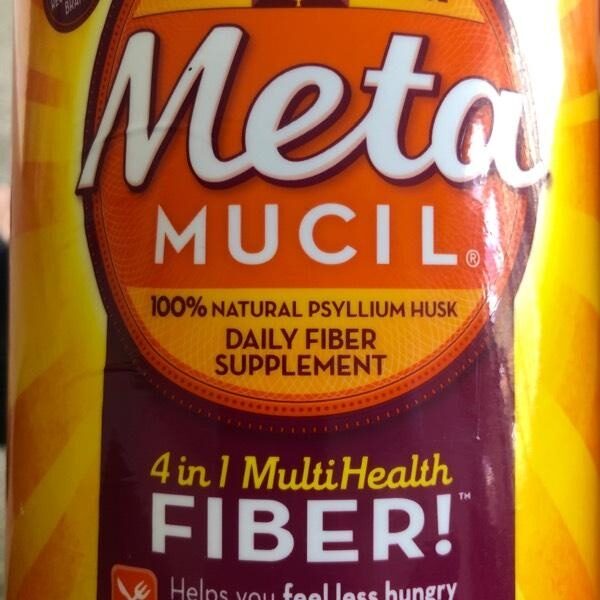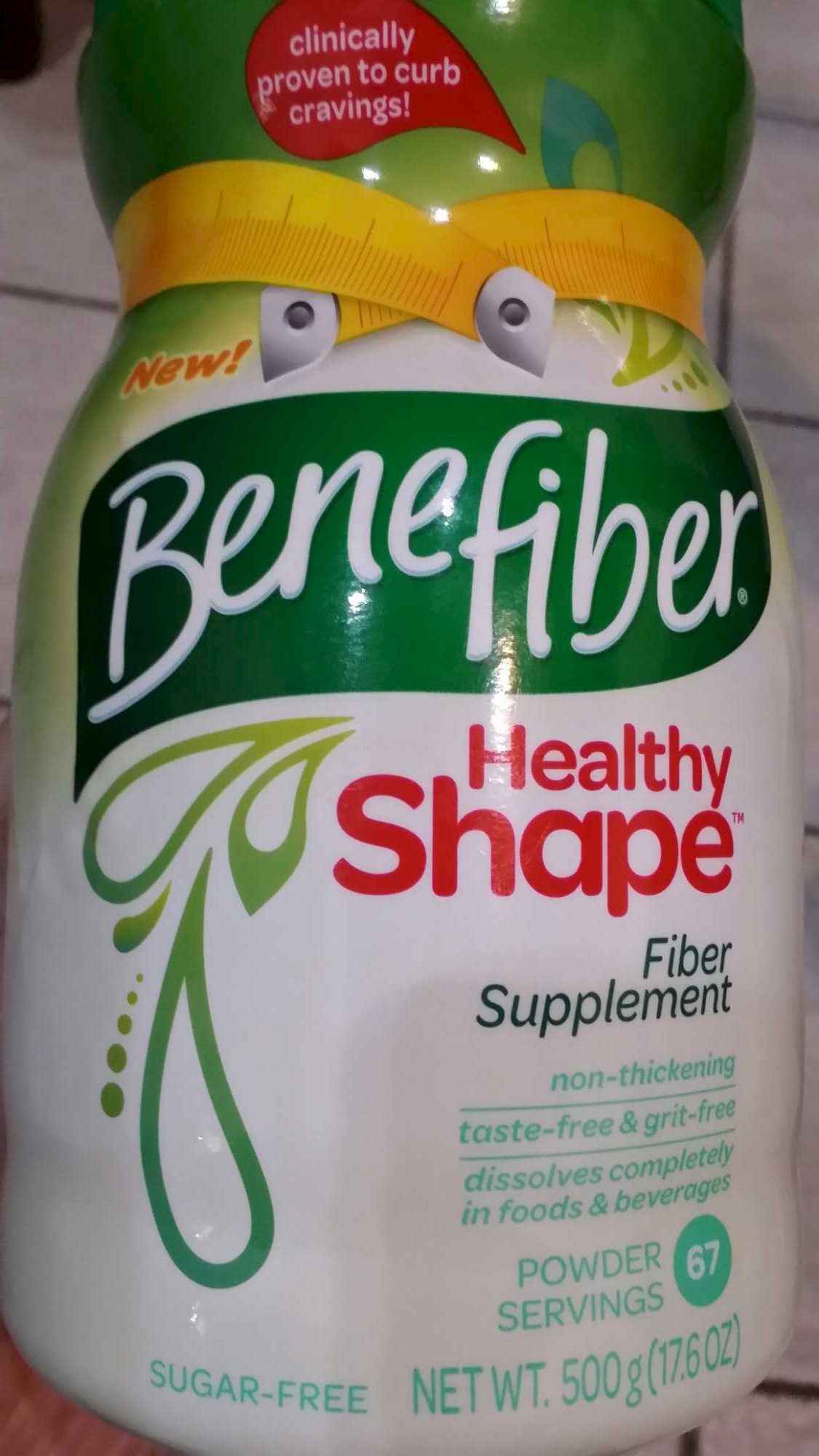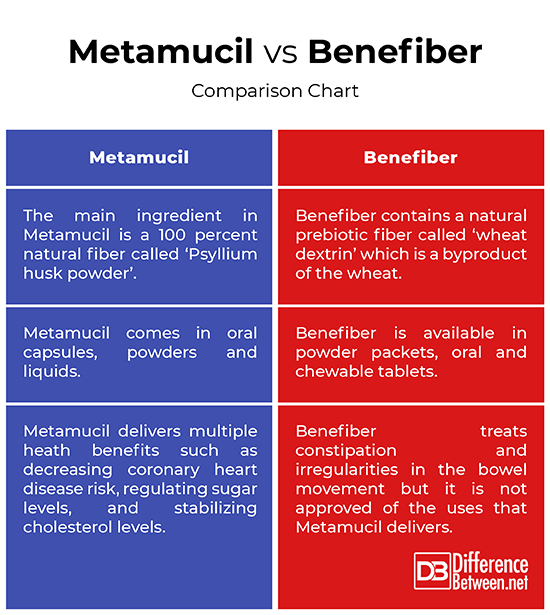Difference Between Metamucil and Benefiber
• Categorized under Health,Science | Difference Between Metamucil and Benefiber
Constipation is a common problem as people age and often results from lack of fiber in the diet. Constipation is a problem that everyone has once in awhile but it isn’t usually serious and typically does not last for a long time. It occurs when bowel movements get irregular and stool becomes difficult to pass through the colon. So, if you experience something like fewer poops in a week, may be less than three times or so, you may have constipation. So, doctors often suggest you eat more high-fiber foods and drink more water to get rid of constipation naturally. There are five main symptoms of constipation, namely straining, hardness of stool, infrequency, insufficiency and difficulty. Now, if home remedies do not work for you, there are a number of medications available over the counter to treat constipation. Metamucil and Benefiber are the two popular over the counter soluble fiber supplements that are designed to relieve constipation.

What is Metamucil?
Metamucil is a popular over the counter fiber supplement that contains 100 percent natural psyllium fiber and is used to treat occasional constipation or irregularities in the bowel movement. Bed-ridden patients usually have a higher risk of experiencing constipation than healthier people who are physically active. So, constipation is a common problem among the elderly than the young population who have a more organized lifestyle. Although, Metamucil does not hold nearly as much fiber as fiber-rich foods such as peas or lentils, it can be beneficial to augment the daily fiber intake for those who want to stabilize their bowel movements or who have constipation. Metamucil comes in capsule, powder and liquid forms and it uses gel-based psyllium fiber to not only treat constipation but deliver multiple heath benefits such as maintain healthy blood sugar levels, something which is not provided by other fiber supplements such as Benefiber.

What is Benefiber?
Benefiber is a 100 percent natural and completely dissolvable dietary fiber supplement that is useful for people with digestive problems or who do not meet their daily fiber recommendations. It is also a great over the counter dietary supplement that works just like Metamucil – it absorbs water from intestines resulting in softer stool formation which in turn ease the bowel movements. It contains a natural prebiotic fiber called ‘wheat dextrin’ which is a byproduct of the wheat plant and helps maintain cholesterol levels and regulate digestion. It is also gluten-free and sugar-free that fits perfectly into your lifestyle, thereby helping optimize gut health. It is available in powder packets, oral and chewable tablets and should be taken as directed by the package instructions or as otherwise directed by your doctor or dietary expert. It also comes in Stick packs which make them easy to take on the go.
Difference between Metamucil and Benefiber
Active Ingredient
– Both Metamucil and Benefiber are popular over the counter dietary fiber supplements that are designed to relieve constipation or irregularities in the bowel movement. Metamucil contains Psyllium husk powder which a 100 percent natural fiber made from the husks of the seeds of an herb called Plantago ovate which mainly grows in India. Psyllium is a bulk-forming laxative that eases constipation and regulates cholesterol levels. Benefiber, on the other hand, contains a natural prebiotic fiber called ‘wheat dextrin’ which is a byproduct of the wheat plant and helps maintain cholesterol levels and regulate digestion.
Dosage
– Metamucil comes in capsule, powder and liquid forms. The standard dosage for adults for the capsules is 2 to 5 capsules per serving and up to 4 times a day for maintaining a digestive health. For powders, the standard dosage is 1 to 2 rounded teaspoonfuls 3 times a day in 8 oz (240 ml) glass of water or other fluids – stir completely and drink right away. It usually up to 3 days before the medication starts working and shows results. The standard adult dosage for Benefiber powder is 2 teaspoons mixed in 4 to 8 oz glass of water or any beverage including coffee and juice or any soft food (hot or cold) up to 3 times a day.
Side Effects
– While both Metamucil and Benefiber are approved by the Food and Drug Administration as a dietary fiber supplement, which means they are safe to use and they have no potential side effects. But, certain forms of soluble fiber are more fermentable meaning sudden increase in intake of such fiber can cause stomach problems or gas. The main ingredient in Metamucil, Psyllium husk powder may be gassier than the type of fiber in Benefiber. Benefiber, on the other hand, contains a small amount of gluten and it is a byproduct of wheat, so avoid them if you have celiac disease as it can cause some sort of allergic reaction.
Metamucil vs. Benefiber: Comparison Chart

Summary
Both Metamucil and Benefiber are great over the counter fiber supplements that help treat constipation, especially if your bowel habits have changed. People who experience frequent constipation are advised to increase their fiber intake, by taking fiber-rich foods or products that contain Psyllium as their active ingredient and which not only eases constipation but also regulates cholesterol levels. Benefiber contains a natural prebiotic fiber called ‘wheat dextrin’ which is a byproduct of the wheat and which helps maintain digestive health. Plus, Benefiber contains fewer ingredients than Metamucil which makes it sound more natural. While both the supplements are slightly different, they essentially have same health benefits.
Outside his professional life, Sagar loves to connect with people from different cultures and origin. You can say he is curious by nature. He believes everyone is a learning experience and it brings a certain excitement, kind of a curiosity to keep going. It may feel silly at first, but it loosens you up after a while and makes it easier for you to start conversations with total strangers – that’s what he said."
- Difference Between Caucus and Primary - June 18, 2024
- Difference Between PPO and POS - May 30, 2024
- Difference Between RFID and NFC - May 28, 2024
Sharing is caring!
Search DifferenceBetween.net :
Cite
APA 7
Khillar, S. (2021, November 11). Difference Between Metamucil and Benefiber. Difference Between Similar Terms and Objects. http://www.differencebetween.net/science/health/difference-between-metamucil-and-benefiber/.
MLA 8
Khillar, Sagar. "Difference Between Metamucil and Benefiber." Difference Between Similar Terms and Objects, 11 November, 2021, http://www.differencebetween.net/science/health/difference-between-metamucil-and-benefiber/.
Leave a Response
Written by : Sagar Khillar. and updated on 2021, November 11
References :
[0]Cassel, Christine K. The Practical Guide to Aging: What Everyone Needs to Know. New York, United States: New York University Press, 2000. Print
[1]Ikidde, Usen. Beat Constipation Without Laxatives and Lose Weight That Is Sustainable and Permanent. Indiana, United States: AuthorHouse, 2014. Print
[2]Jones, Wes. Cure Constipation Now: A Doctor's Fiber Therapy to Cleanse and Heal. New York City, United States: Berkley Books, 2009. Print
[3]Image credit: https://static.openfoodfacts.org/images/products/088/679/001/8872/front_en.3.full.jpg
[4]Image credit: https://static.openfoodfacts.org/images/products/003/700/074/1367/front_en.3.full.jpg
See more about : Benefiber, Metamucil
